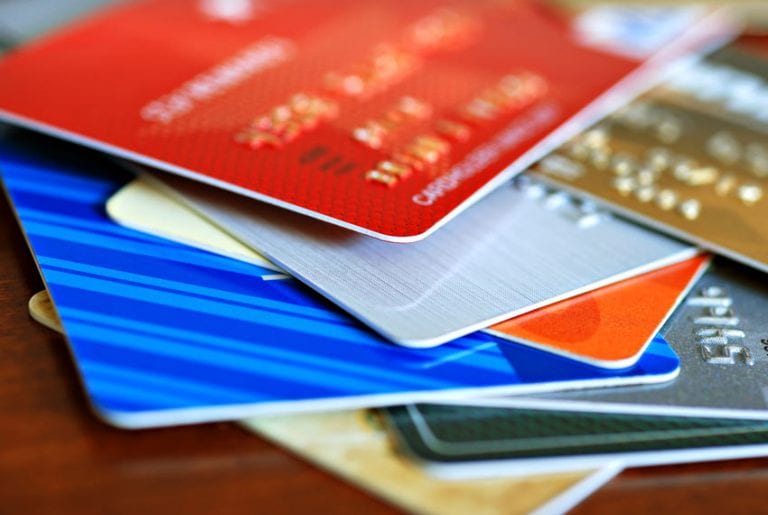Just Say No To Credit Card Convenience Checks
Mark Boileau of Dallas recently bought a new Toyota Prius with the help of a “convenience check” issued by his credit card company. But his experience turned out to be an enormous inconvenience.
He gave the Toyota dealer a $1,000 convenience check for a down payment and drove off with his new Prius. But three weeks later, the credit card company called Mark and said it had refused his check.
“I was devastated. To me, this was like bouncing a check,” Mark lamented. “I had taken possession on the car, I didn’t know where else I was going to get the $1,000, I had put miles on the new car and my old car was gone.”
Consistently avoiding late payments and always within his credit limit, Mark was baffled. Why was the credit card company pulling the plug?
The issuer apparently had pulled Mark’s credit report and decided he was using too much credit. Indeed, Mark’s customer account agreement stated that a convenience check may be declined “for any reason.” Furthermore, the agreement allowed the issuer to lower the cardholder’s credit limit or decline credit card transactions and even add the appropriate over-the-limit fees.
Rarely has a consumer product been marketed as a “convenience” that is as inconvenient as convenience checks. These checks, imprinted with name and address, often arrive unsolicited in the mailbox of credit cardholders. New cardholders typically receive them within weeks of opening an account, often near holiday shopping seasons.
Credit card issuers want customers to think of convenience checks as an ordinary, reliable check, but often strings are attached. In the small print of a cardholder agreement, one might notice various conditions for acceptance. For example, before accepting and processing a convenience check, the issuer may review the cardholder’s credit report to determine if he or she has gone on a spending spree or defaulted on an agreement with another creditor.
Convenience checks usually qualify for the highest interest rate applied to cash advances, making their use very expensive. The typical agreement also says the cardholder is responsible for the entire amount of the check, unlike the $50 liability limit on a stolen or unauthorized use of a credit card.
When a cardholder receives a newly issued credit card, he or she usually is required to call a toll-free number to activate the card, and probably received a letter alerting that the card had been mailed. But few, if any, security measures are in place for those who receive convenience checks in the mail. That makes the checks a favorite target of thieves, who often steal them from unlocked mailboxes.
“Convenience checks are a nuisance, and I send them straight to the shredder,” says Lynne Durrant of the University of Arizona Cooperative Extension. “But I am concerned that they are a great temptation for others to sink further in debt.”
Durrant says it may be prove difficult to stop the flow of these checks to your mailbox. “I tried to opt out of receiving them last year from an account I had opened a few weeks earlier. They said they would do the paperwork but that it could take as long as 90 days for me to stop receiving them because it was already ‘in the system.’ When five or six months went by and I was still receiving them, I called and canceled the account itself. Voila! The checks stopped coming immediately.”
According to Lucy Lazarony of Bankrate.com, “If you use them, it will cost you. If you lose them, it could cost you even more. When it comes to convenience checks, there’s plenty to be wary about… They come with hefty fees – as much as five percent of the check amount – and steep interest rates – often 20 percent or more.”
If you receive unsolicited and unwanted convenience checks, shred them immediately. Contact the issuers and ask to stop sending them. Should you decide to keep convenience checks for possible future use, put them in a safe place and do not tell anyone you have them. And remember that just because someone sent them to you, there is no guarantee that the issuer will accept them.
Just ask Mark Boileau.
By Paul Richard

